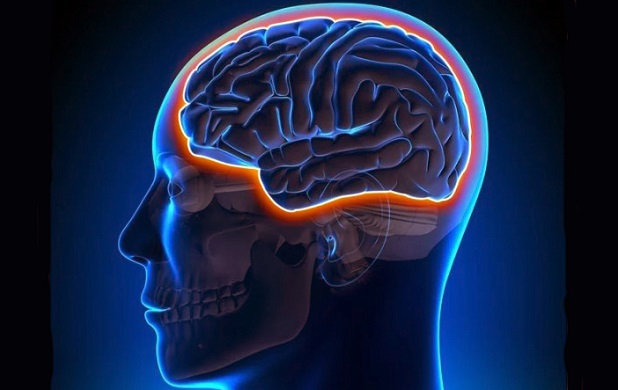Kittisak Meepoon Fact checked by:Thailand Medical News Team Nov 28, 2025 3 months, 3 days, 15 hours, 48 minutes ago
Medical-News: How COVID-19 May Be Quietly Harming the Brain
A new scientific review by researchers from Zunyi Medical University and the Key Laboratory of Cell Engineering of Guizhou Province sheds light on how SARS-CoV-2 can disrupt the blood brain barrier, a thin but vital protective layer that keeps harmful substances out of the brain. Although COVID-19 is widely known for breathing problems, the virus also affects the central nervous system in ways many people do not realize, and this
Medical News report highlights important findings that everyday readers should understand. The study explains how COVID-19 can spark inflammation inside the brain, damage support cells, and trigger long-lasting symptoms such as headaches, brain fog, dizziness, memory issues and other neurological issues seen in Long COVID.
 New research reveals how COVID-19 disrupts the brain’s protective barrier and contributes to
New research reveals how COVID-19 disrupts the brain’s protective barrier and contributes to
long-lasting neurological symptoms
What the Blood Brain Barrier Does and How COVID-19 Weakens It
The blood brain barrier acts like a security system for the brain. It is built from several types of cells including endothelial cells that form tight walls, astrocytes that provide support and nutrients, and microglia which function as immune defenders. The review shows that SARS-CoV-2 can use receptors such as ACE-2 and Neuropilin1 on these barrier cells to enter and disturb their function. Studies cited in the review found viral-like particles inside brain blood vessels, suggesting the virus can travel into the brain through the bloodstream. Once inside, it weakens barrier tight junctions and increases inflammation, allowing harmful molecules and immune cells to leak into sensitive brain tissue. This helps explain why many patients develop neurological issues even after the infection has cleared.
How Key Brain Cells Become Targets of the Virus
The researchers describe in detail how specific cells are damaged. Brain endothelial cells begin to malfunction, triggering swelling, inflammation and reduced blood flow. Astrocytes, which normally keep the barrier healthy, become infected and start releasing inflammatory chemicals that harm nearby neurons. Microglia, the brains immune cells, can become hyperactive, releasing more inflammatory molecules such as IL6 and TNFα. Evidence from autopsies and cell studies indicates that this combined reaction leads to nerve cell injury and may contribute to cognitive decline, persistent headaches and other Long COVID symptoms. The researchers warn that neurodegeneration and brain stem complications can also result from these ongoing conditions.
Conclusions
The review strongly suggests that the virus affects the brain through a complex chain reaction beginning at the blood brain barrier. Even people with mild symptoms may experience hidden damage because the barrier becomes more permeable and brain cells enter a prolonged inflammatory state. Understanding this process is vital because it may explain why neurological symptoms such as brain fog, fatigue and memory loss persist for months. Future treatments may focus on p
rotecting barrier cells, blocking viral entry, calming inflammation and repairing cell communication pathways. These insights could help doctors reduce long-term brain complications in COVID-19 survivors and guide new therapies that protect the nervous system more effectively.
The study findings were published in the peer reviewed journal: Medicine.
https://journals.lww.com/md-journal/fulltext/2025/11210/exploring_sars_cov_2_impact_on_blood_brain_barrier.160.aspx
For the latest COVID-19 news, keep on logging to Thailand
Medical News.
Read Also:
https://www.thailandmedical.news/articles/coronavirus
